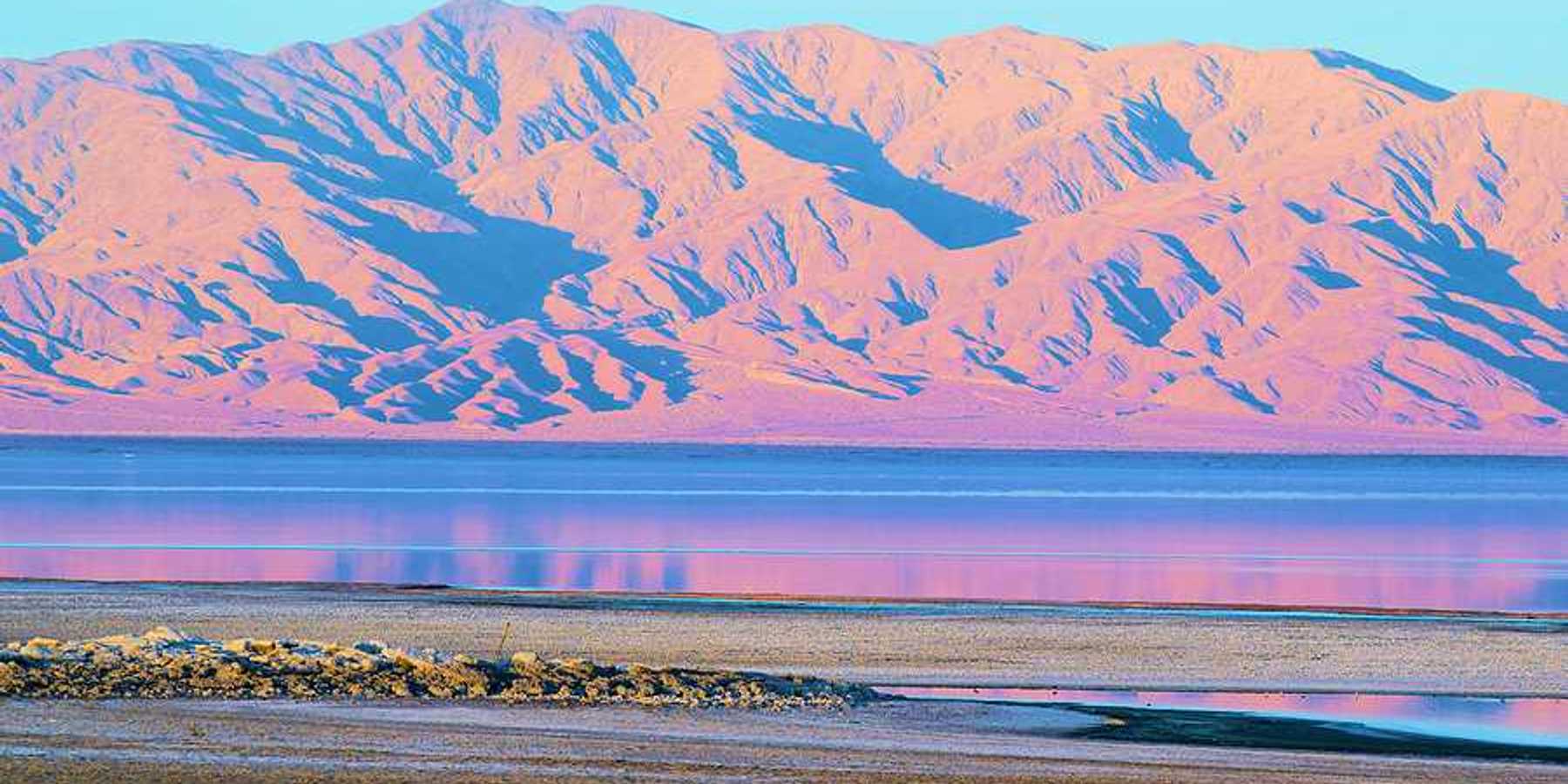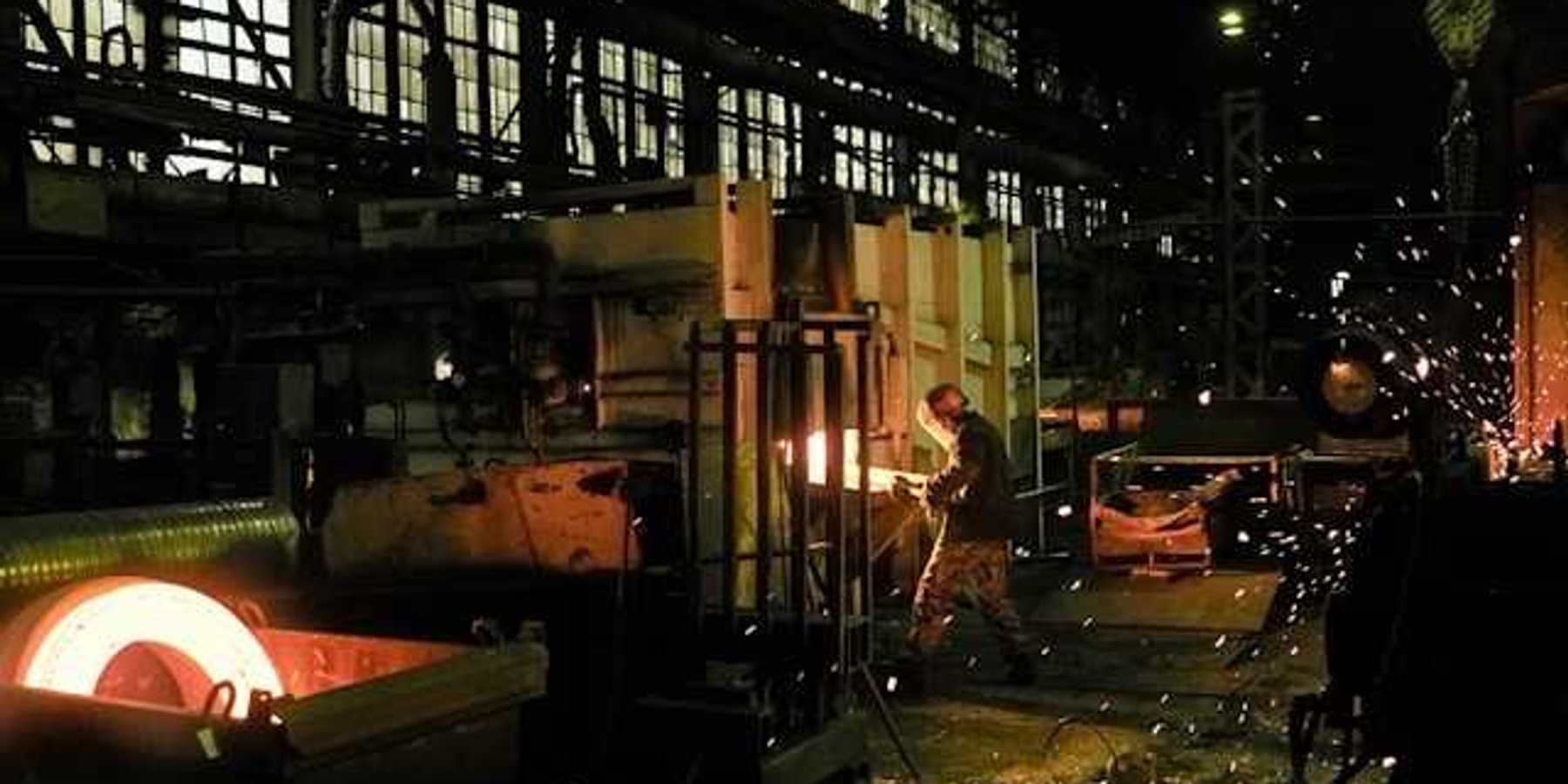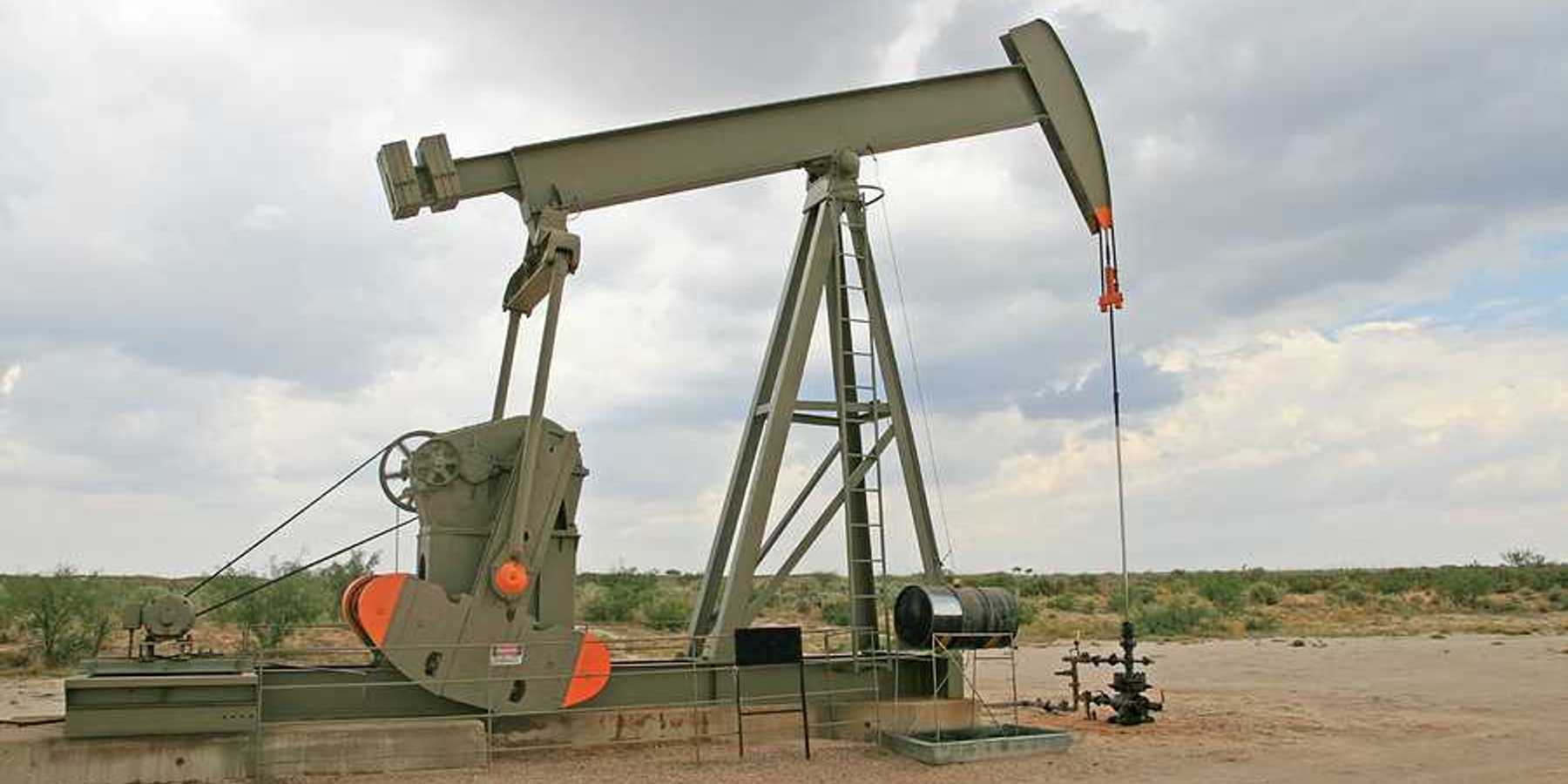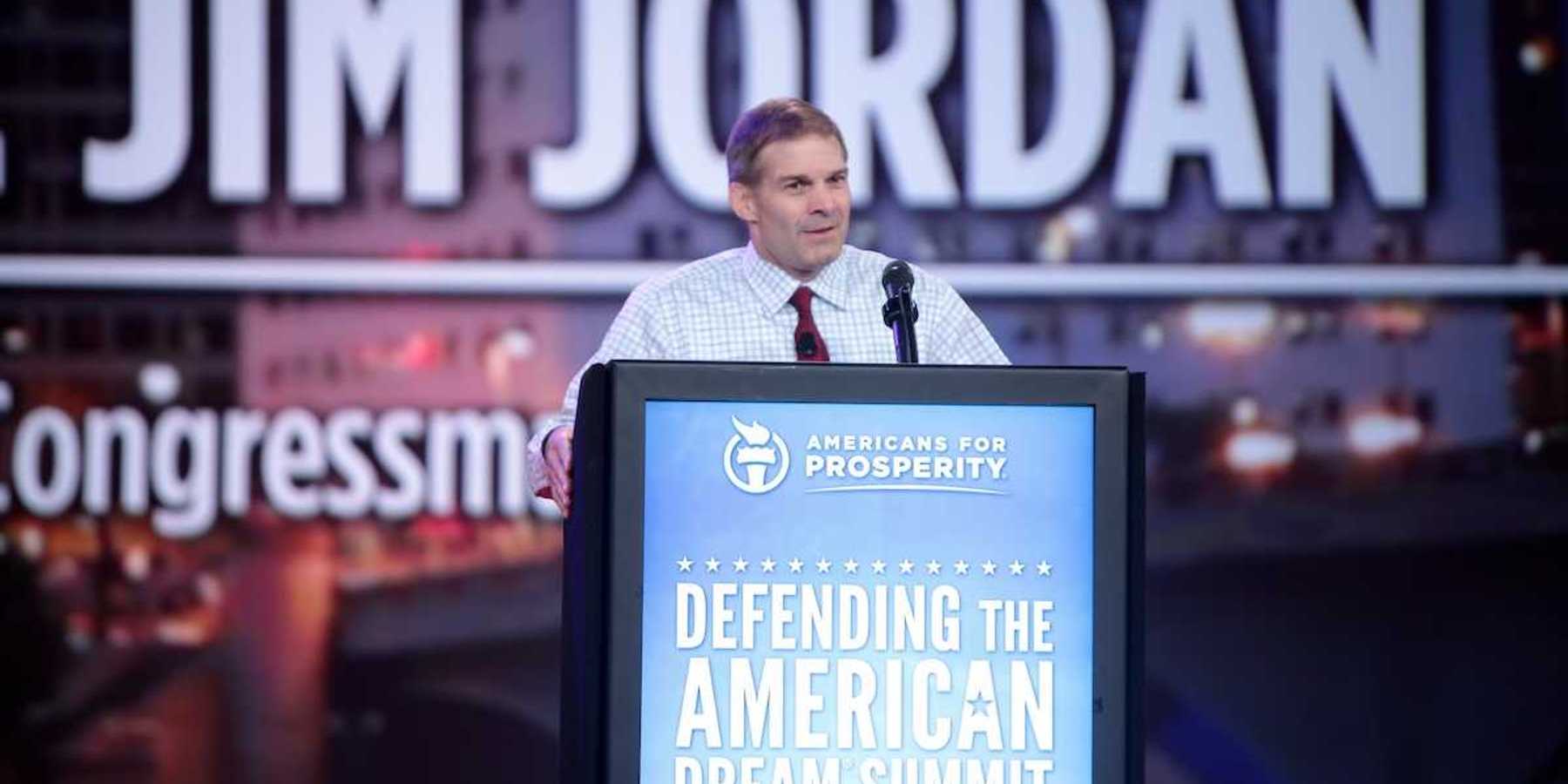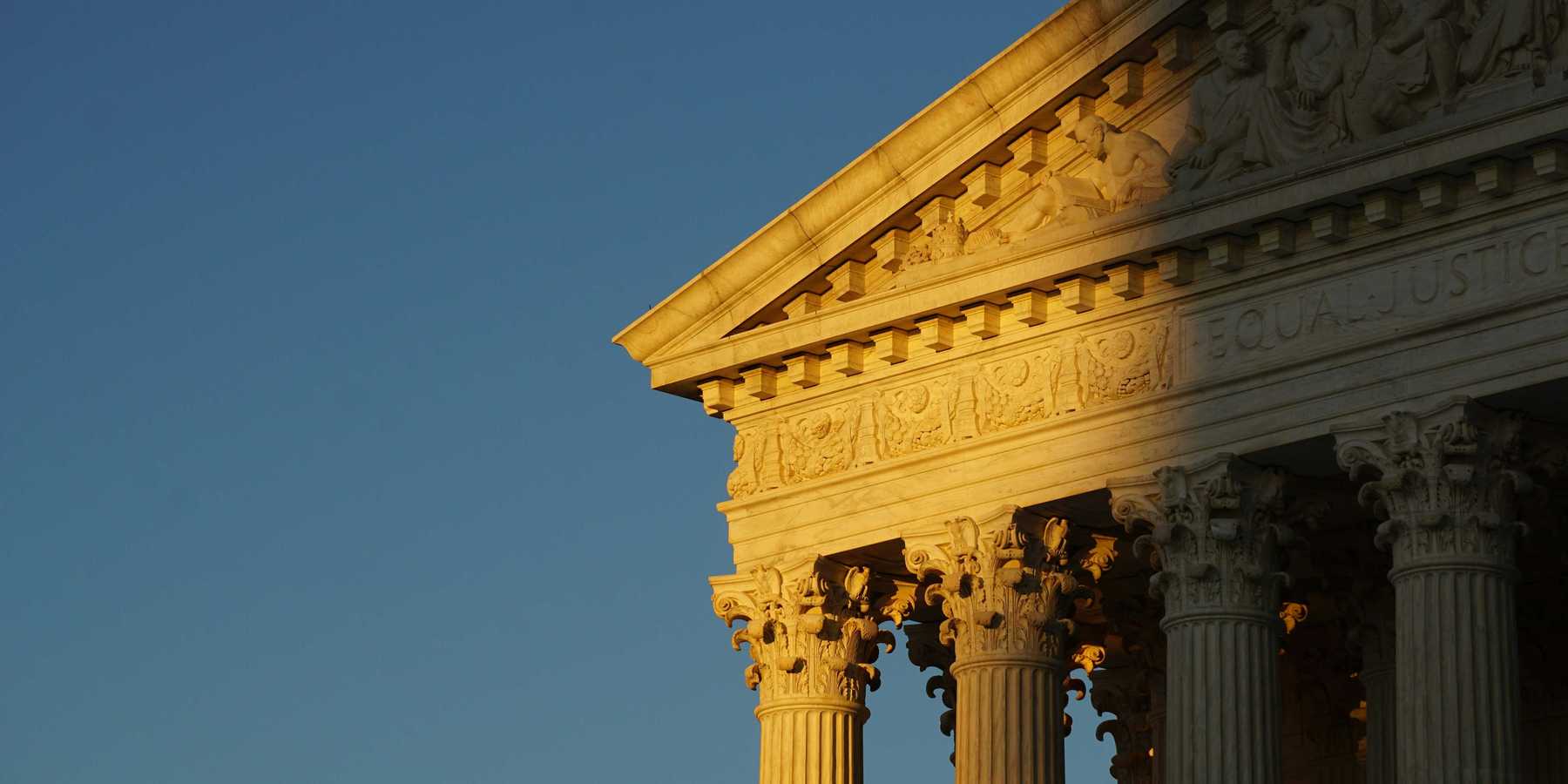Trump aims to tighten White House grip on nuclear regulation
The White House is considering executive orders that would reshape nuclear oversight by curbing the independence of the Nuclear Regulatory Commission (NRC) and expanding control through the Department of Energy.
Francisco "A.J." Camacho reports for E&E News.
In short:
- Four draft executive orders under review by the Trump administration would shift nuclear safety oversight from the NRC to the Department of Energy, placing final authority over advanced reactors under the president.
- The proposed overhaul would subject NRC rules to case-by-case review by the White House’s Office of Information and Regulatory Affairs, potentially slowing licensing decisions and undermining regulatory transparency.
- Critics from across the political spectrum argue the move could compromise safety, delay reactor deployment, and violate legal frameworks like the Atomic Energy Act and the Sunshine Act.
Key quote:
“NRC’s reputation as a trusted regulator is important to the public, to industry, and to potential customers of U.S. nuclear technology both here and abroad. We don’t want changing political winds in either direction to undermine NRC’s credibility.”
— Judi Greenwald, executive director of the Nuclear Innovation Alliance
Why this matters:
Nuclear energy provides roughly one-fifth of U.S. electricity and serves as a key player in decarbonization strategies. But the technology’s inherent risks demand vigilant, science-based oversight. Weakening the Nuclear Regulatory Commission’s independence could politicize safety decisions and sideline technical expertise, increasing the chance of errors with lasting environmental and health consequences. Low-level radiation exposure, for instance, has been linked to cardiovascular damage and other long-term effects — risks that may not fully emerge until years after exposure. At a time when public trust in science and government is already strained, any move that makes safety oversight appear less impartial could erode confidence in the country’s energy infrastructure.
Read more: Nuclear revival plan faces obstacles at Tennessee Valley Authority


